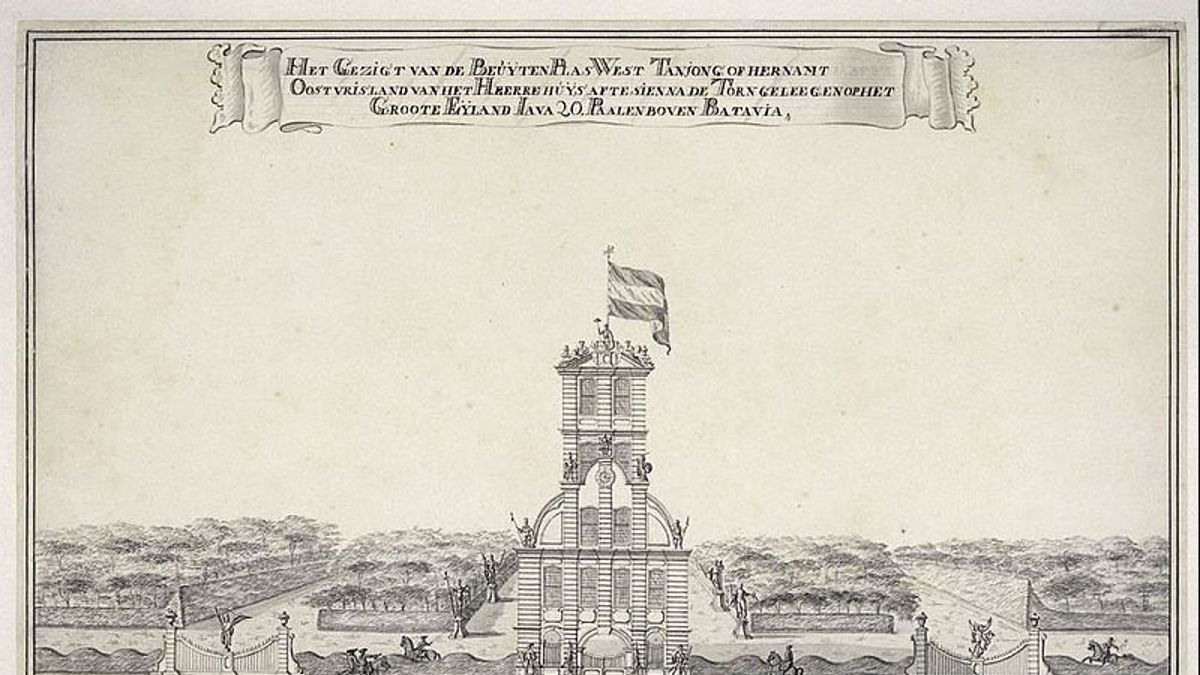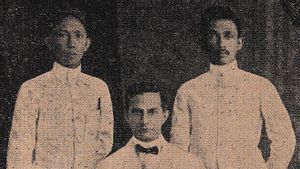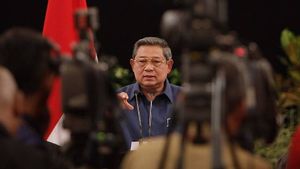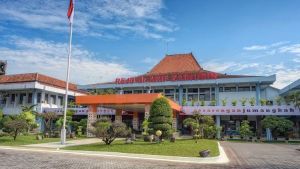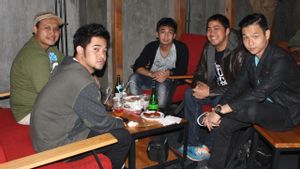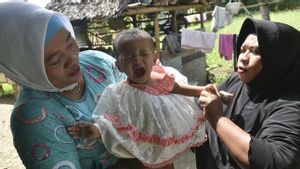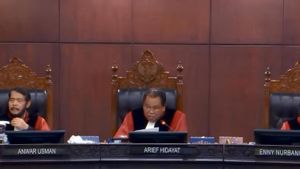JAKARTA History today, 401 years ago, July 20, 1622, the Dutch trading airline, the VOC banned all of its officials from keeping female slaves orases. The rule was perpetuated to 'clean up' the entire Batavia from moral illness.
All because of the budding there are many disadvantages. From venereal to abortion. Previously, the leadership of Jan Pieterszoon Coen was known as a moral police officer. The governor-General of the VOC did not want the Dutch to live in a colony polluted by bad.
Compenies and slavery are two things that cannot be separated. The Dutch needed the services of the slaves to build a colony. In the development of Batavia, for example. The Dutch realized the strengths of the white hosts were limited. They are unable to work hard due to climate differences.
The Dutch were unable to do many things. Mainly rough work. The strategy arose. The slave service is a solution. The Company also saw this desire as a blessing. Moreover, the Company then acted as a merchant who supplied slaves.
The results are brilliant. The Company can build anything by utilizing the slave staff. The slaves can help activities at home to plantations. All because the slaves have great abilities because they fit the local climate.
This talent made the VOC continue to bring in slaves. Sometimes when the Company looks for slaves abroad, sometimes the Company looks for slaves in the archipelago. Most slaves were supplied from the Kingdom who won the war. They usually sell slaves from the losers.
The slaves were the only largest population group in Batavia until the last half of the 18th century. However, because they came from various places, only their status became a kind of unifying. The VOC law prohibits taking Javanese as slaves because they are afraid that the Javanese will unite against the Europeans. For rough work, the VOC prefers importing large numbers of slaves from outside.
This provides benefits to security because slaves from remote and diverse places have a small possibility to unite. At first, these slaves were mostly imported from South Asia with VOC trading connections, "said Susan Blackburn in the book Jakarta: 400 Years History (2012).
The arrival of slaves in fact brought new problems. Even though the presence of slaves was very profitable. This condition began to be smelled by the Governor-General of the VOC who had served twice (1619-1623 and 1627-1629) Jan Pieterszoon Coen.
The slavery problem stems from VOC officials who often use the services of female slaves to be slaves. Female slaves are forced to serve white masters from kitchen to bed affairs.
The power made the morale of Dutch officials plummet. In fact, it fell to the lowest level. The long-lasting sport actually made the lifting of officials affected by venereal disease and abortion increase.
This condition made Jan Pieterszoon Coen furious. Coen considers the actions of Dutch officials to make female slaves a prostitute a disgraceful act. Coen also forbade all VOC officials to perpetuate the levy on July 20, 1622. Anyone who violates, severe punishment awaits. In fact, it could be sentenced to death.
Therefore, two years later on July 20, 1622, a tougher rule was issued again. The problem here is that not many European/Dutch women come to the colony in the far east, given the difficult journey and take months. Even though a Dutch woman started coming to Batavia since 1622"
"However, the number is still too small. Moreover, they are generally orphans or from poor families who come to the colony to become wives of VOC soldiers or employees. So it is impossible for the prohibition to hang out with local women to be effective, especially among low-ranking employees or VOC soldiers," explained Mona Lohanda in the book History of the Magnitudes Regulating Batavia (2007).
VOIR éGALEMENT:
The English, Chinese, Japanese, Arabic, and French versions are automatically generated by the AI. So there may still be inaccuracies in translating, please always see Indonesian as our main language. (system supported by DigitalSiber.id)
